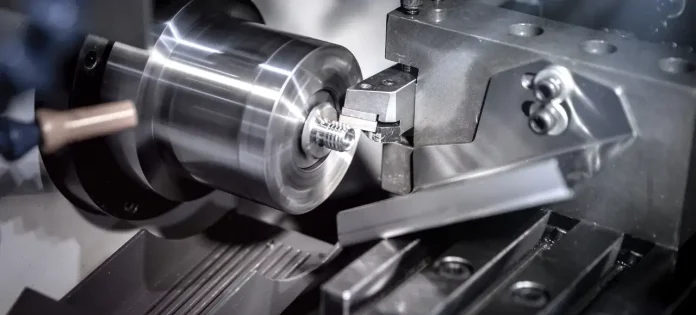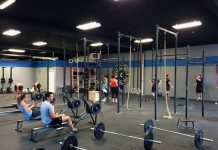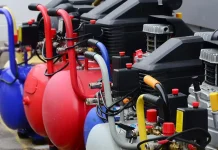The Value of Custom Machine Parts in Modern Manufacturing
In today’s fast-paced industrial world, precision and efficiency are non-negotiable. Every machine component is critical in ensuring smooth operations and one-size-fits-all solutions no longer cut it for many industries. This is where custom machine parts come into play—delivering unmatched precision, adaptability, and value. Whether in the automotive, aerospace, medical, or agricultural sectors, custom parts transform how machines perform, last, and adapt to unique demands.
What Are Custom Machine Parts?
Custom machine parts are specially designed components made to fit the exact specifications of a machine or application. Unlike mass-produced, generic parts, they’re engineered with precise attention to dimensions, materials, and functionality to ensure seamless integration. These parts range from simple bolts to complex multi-axis gears and are typically produced using advanced methods like CNC machining, 3D printing, laser cutting, and precision casting. Common examples include:
● Shafts and spindles
● Brackets and housings
● Precision gears and sprockets
● Seals, bearings, and bushings
● Engine and transmission components
The Advantages of Custom Machine Parts
1. Exact Fit and Functionality
Standard components may not always suit specialized equipment. Custom parts ensure an exact fit, allowing machines to operate more smoothly and with fewer performance issues. This reduces the risk of wear and tear caused by improperly fitting parts.
2. Improved Performance
When parts are designed for a specific application, they are optimized for performance. This could mean enhanced durability, reduced vibration, better energy efficiency, or faster output—key benefits in competitive industries.
3. Extended Equipment Lifespan
Replacing worn or outdated parts with high-quality custom alternatives can significantly extend the lifespan of expensive machinery. Rather than replacing an entire system, businesses can swap out just the parts that need upgrading.
4. Innovation and Flexibility
Custom components give manufacturers the flexibility to innovate. They can experiment with different designs, test prototypes, and adjust quickly to new production methods or technologies without being constrained by standard parts.
5. Reduced Downtime
Standard parts may require modifications or workarounds to function properly, which can lead to delays. Custom machine parts minimize the lead time from failure to replacement, especially when the original equipment manufacturer (OEM) no longer supplies the needed parts.
Industries That Rely on Custom Parts
Several industries depend heavily on custom machining and fabrication:
● Aerospace: Tolerances in aircraft components are extremely tight. Custom parts ensure safe, efficient performance in high-pressure environments.
● Automotive: From performance tuning to vintage car restoration, custom parts are key to achieving exacting standards.
● Medical Devices: Surgical tools and diagnostic equipment require micro-level precision and biocompatible materials.
● Agriculture: Custom parts help farm machinery adapt to specific soil, crop, and climate conditions.
● Manufacturing: Production lines use custom components for speed, accuracy, and energy savings.
How Custom Machine Parts Are Made
The production of custom machine parts involves a detailed process:
1. Consultation and Design
The first step is a consultation between the manufacturer and the client. Engineers assess the application, specifications, and desired outcomes. Then, CAD (Computer-Aided Design) software models the part in detail.
2. Material Selection
Materials like stainless steel, aluminum, brass, or advanced polymers may be used depending on the required strength, heat resistance, or weight.
3. Prototyping
Sometimes, a prototype is made using 3D printing or low-volume CNC machining. This allows testing and feedback before full-scale production begins.
4. Manufacturing
High-precision tools, such as CNC machines, lathes, grinders, and mills, are used to fabricate the part to exact dimensions.
5. Finishing and Testing
Parts are treated with coatings, polishing, or heat treatments for durability. Then, they are tested for quality assurance to ensure they meet the required specifications.
Finding the Right Partner for Custom Machine Parts
Not all custom fabrication shops offer the same quality. Look for a manufacturer with proven industry experience, in-house engineering, modern equipment, fast turnaround, and certifications like ISO 9001. A strong partner will do more than fabricate parts—they’ll work with you to enhance machine performance and reliability.
Custom machine parts aren’t just replacements; they’re strategic upgrades. By investing in tailored solutions, businesses can boost productivity, extend equipment life, and stay competitive—whether upgrading performance, replacing obsolete components, or developing new systems.










